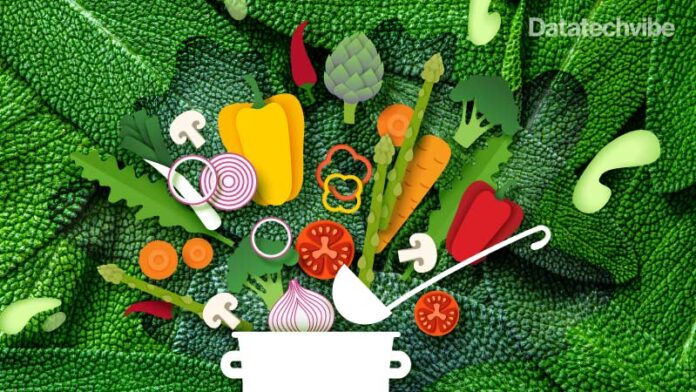Providing advisory and assessment services, AnzenSage aims to help food companies minimise cyber risks and protect themselves from incidents.
AnzenSage, a cybersecurity consulting firm led by Kristin Demoranville, is announcing its launch to provide resilience solutions to the food industry. By working to safeguard the food ecosystem, AnzenSage aims to assist food industry leaders by navigating the complex challenges they face to their operations, reputation, and customers.
“Cybersecurity is a critical component of food safety and defence, as it helps to protect the integrity of our food supply chain and ensure that consumers can trust the food they buy and eat,” says Demoranville, CEO and founder of AnzenSage. “Without proper cybersecurity measures in place, the food industry is vulnerable to cyber attacks that can compromise sensitive information, disrupt operations, and even put public health at risk.”
With more than 20 years of experience in the information security and technology industry, including in food manufacturing, production, supply chain, and risk and compliance initiatives, Demoranville is an expert who is well-equipped to tackle the unique challenges of the food industry.
“Food technology innovation is rising fast, with plant-based meat, 3D printing, AI advancements in food processing, and a wealth of IoT devices to assist with monitoring,” says Demoranville. “It’s a lot to consider, whether you’re an industry expert or even just a consumer. How, with all this new technology, do you keep production running, employees safe, and customers healthy? Cybersecurity can help.”
Offering two primary services, Security Resilience Advisory and Security Resilience Assessments, AnzenSage is dedicated to building a more secure and resilient food industry.
“I believe cybersecurity is one of the most critical components of protecting our food supply and ensuring the safety of our products. Not only does it safeguard against potential breaches and threats, but it also allows us to innovate and improve our operations in the food industry continuously. It’s not just about protecting data; it’s about protecting the well-being of people,” says Demoranville.









